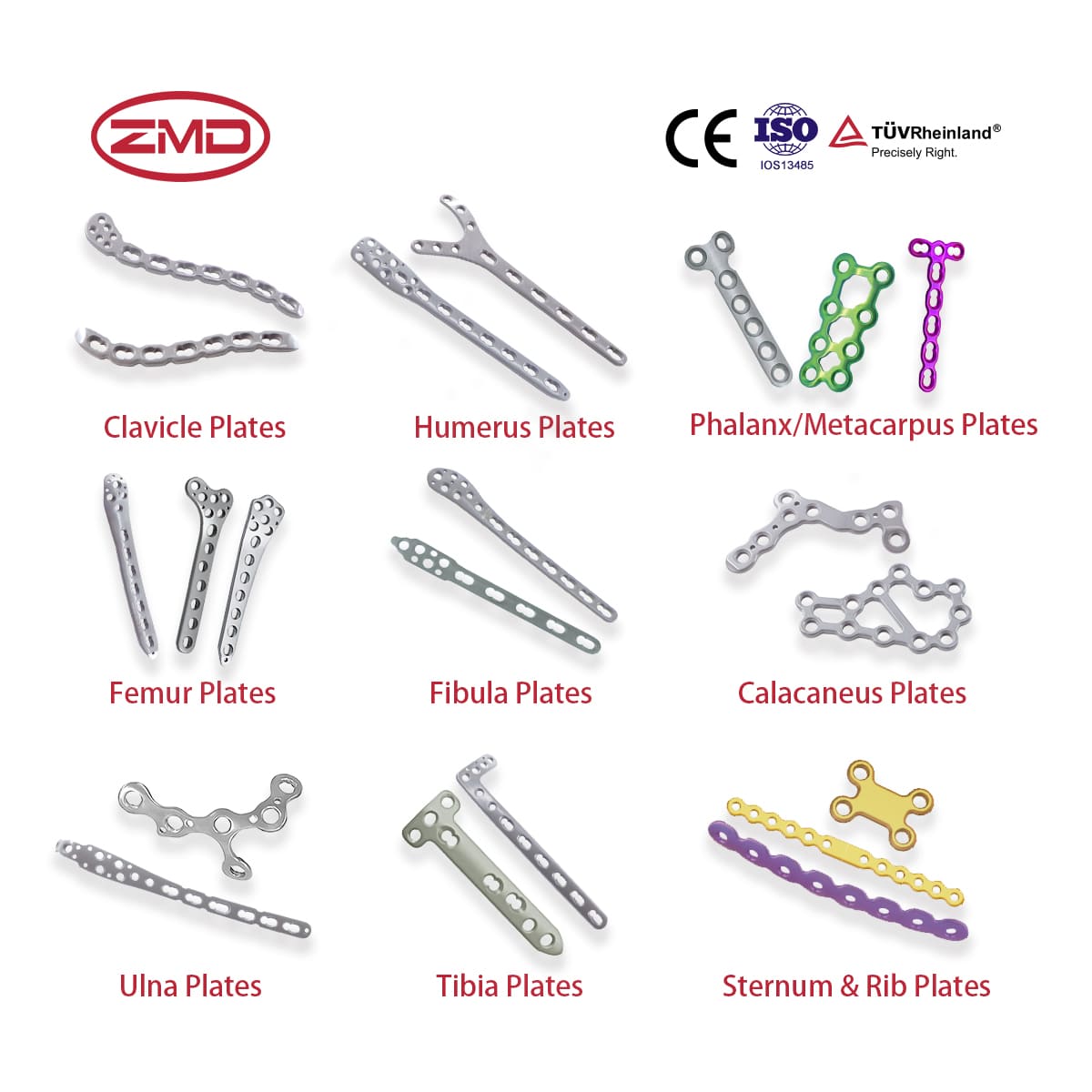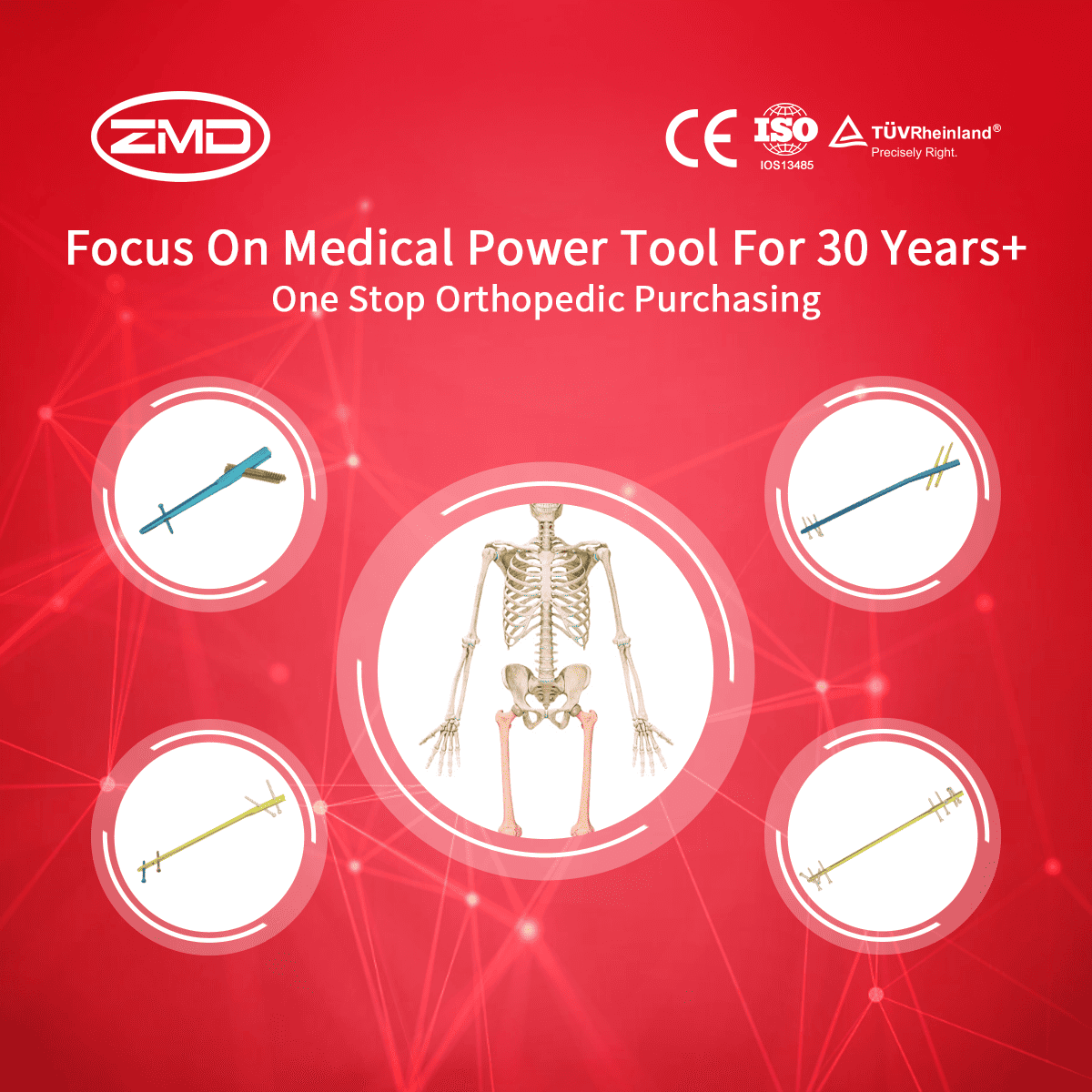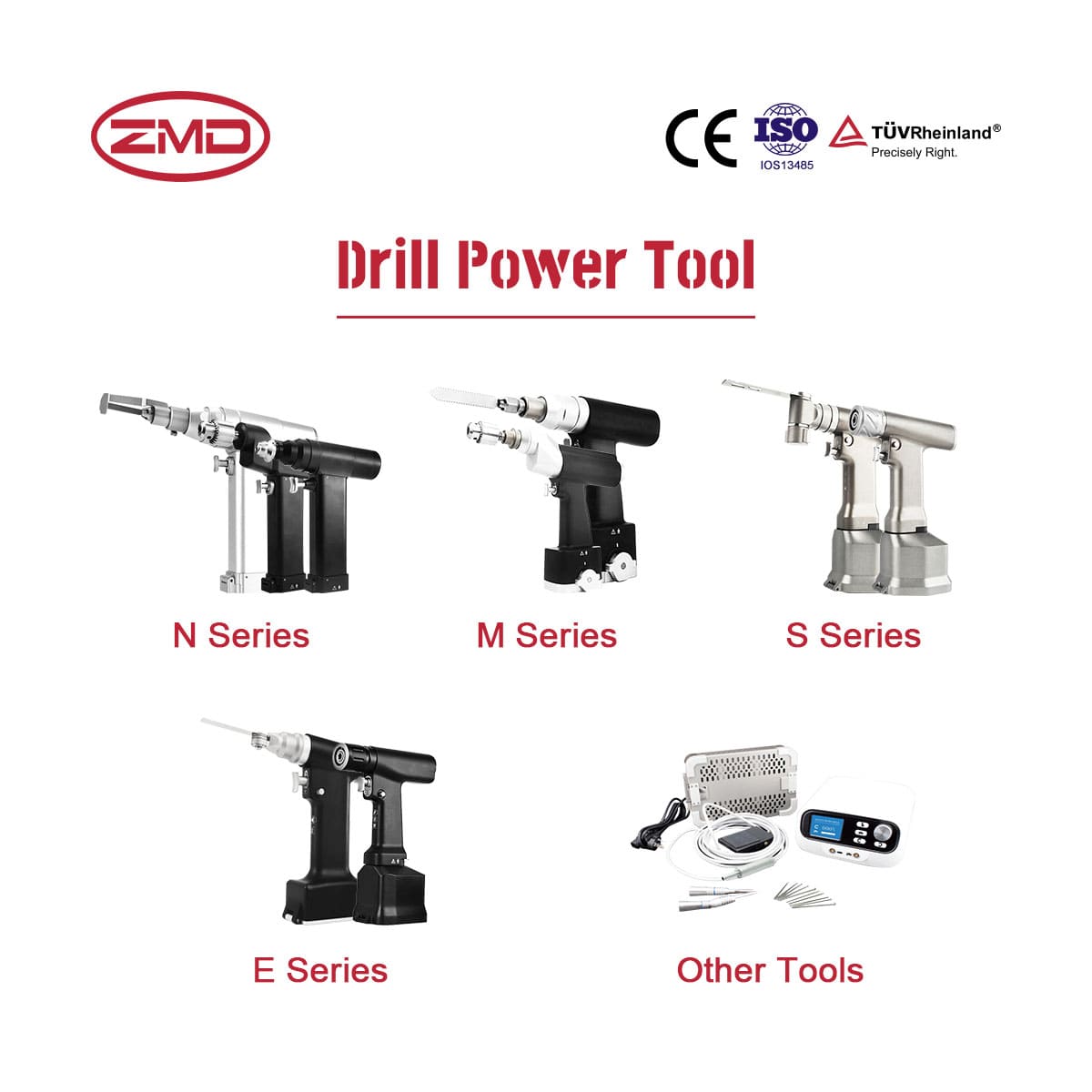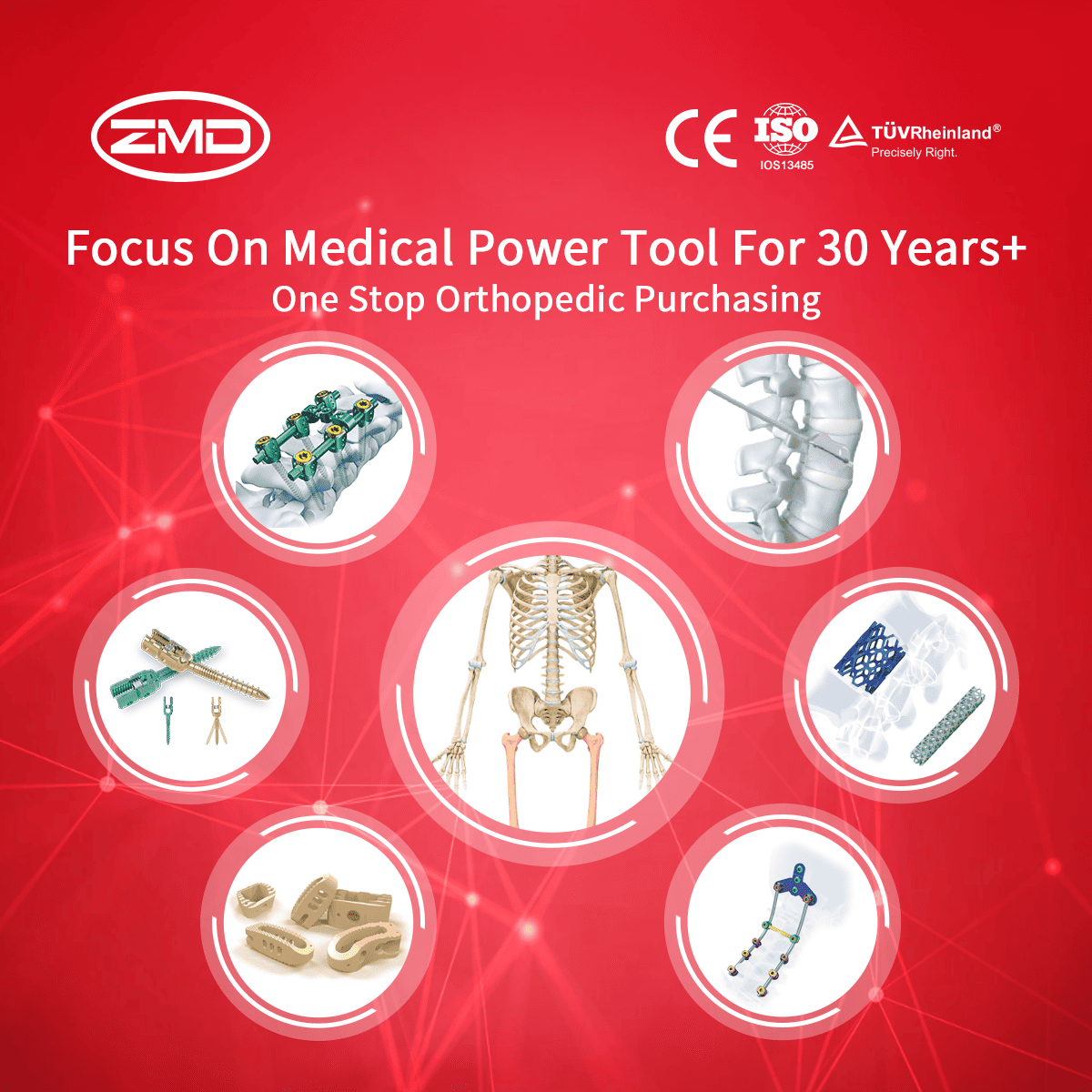It goes without saying that when selecting orthopedic medical supplies, one must ensure that the provided standards are met and that the products do not compromise the safety of the patient or the effectiveness of treatment. The selection of such products requires analyzing the product’s quality control system, its regulation in the country where the product will be used as well as the credibility of the supplier. Below are key factors to consider when selecting high-quality orthopedic medical supplies.
Quality Control and Testing Measures are In Place:
When procuring orthopedic medical supplies, it is critical to ascertain that the products in question were subjected to stringent quality control and testing prior to procurement. In most instances, the products of good quality are put through several rounds of testing to ensure that the product is safe and performs as required. Such tests often encompass quality analyses of the raw materials used, stress and functionality of the end product.
Stages of testing throughout the quality control process:
Inspection of the incoming raw materials
Undertaking in-process inspections at different stages of manufacturing
Throughout the production cycle before the product is dispatched, carry out packaging inspection, check weighing of the products, take the photographs of the products and functional tests as well as safety tests.
Meet the Requirements of the National and International Medical Regulations:
In attaining these objectives, national or international regulations pertaining to the supplies or orthopedic devices must be met in order to safeguard the general public. Key certif
| Certification | Region | Meaning |
|---|---|---|
| ISO 13485 | International | Quality management system for medical devices |
| FDA Approval | USA | Ensures the device is safe and effective |
| CE Marking | European Union | Indicates conformity with EU health and safety standards |

Product Adaptability and Functionality:
The adaptability and functionality of orthopedic medical supplies are crucial for their effectiveness in patient care. When selecting supplies, consider:
- Product Compatibility: Ensure that the products are compatible with the intended surgical procedures and patient needs.
- Ease of Use: Some orthopedic devices require precise handling. Choose products designed with ergonomic features that make them easier and safer to use in various settings.
- Customization Options: Many orthopedic procedures require specialized devices. Look for products that offer customization based on patient anatomy and the specific treatment requirements.
After-Sales Support and Warranty:
Reliable after-sales support and warranties are essential for ensuring the continued functionality of orthopedic medical supplies. Good suppliers should offer:
- Training: On the proper use of equipment.
- Technical Support: To troubleshoot any issues with the devices.
- Warranty: To ensure that any defects in the product are addressed without additional costs to the healthcare provider.
Manufacturer Reputation and Track Record:
Choosing a reputable manufacturer with a proven track record is critical. Trusted manufacturers, like ZMD, adhere to stringent quality standards and are committed to producing reliable orthopedic supplies. ZMD’s products are backed by years of experience and customer trust, ensuring that hospitals and healthcare providers receive devices that meet the highest industry standards.
ZMD’s commitment to excellence and innovation in the orthopedic medical supply sector ensures that healthcare professionals can rely on their products for the best patient outcomes.
By evaluating these key factors—quality control, compliance with regulations, product functionality, after-sales support, and manufacturer reputation—you can make an informed decision when choosing orthopedic medical supplies that meet the highest standards.




